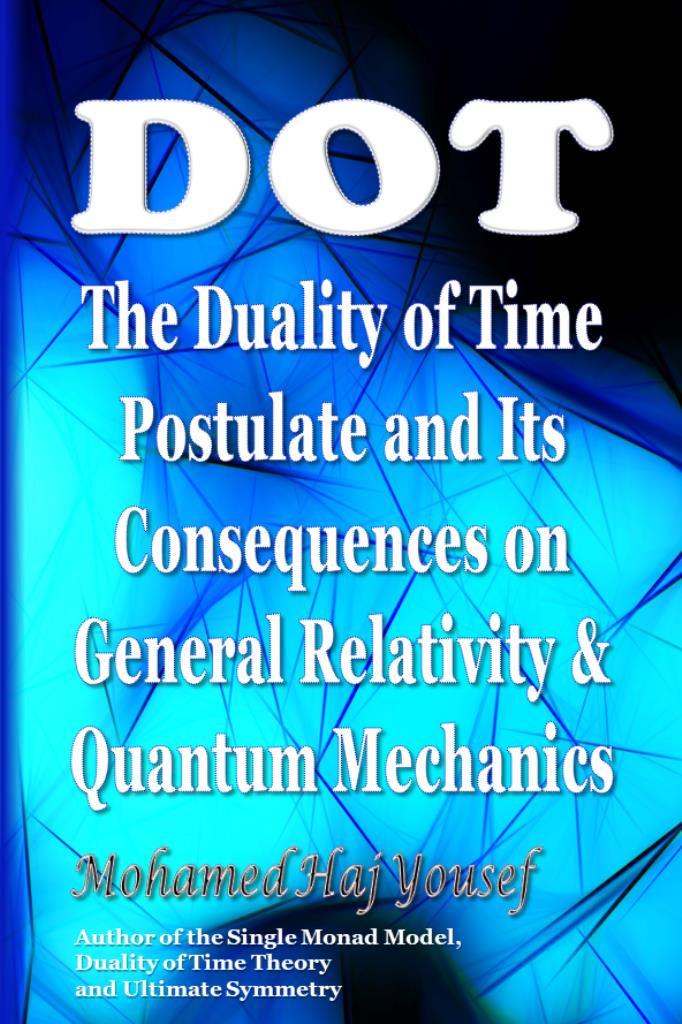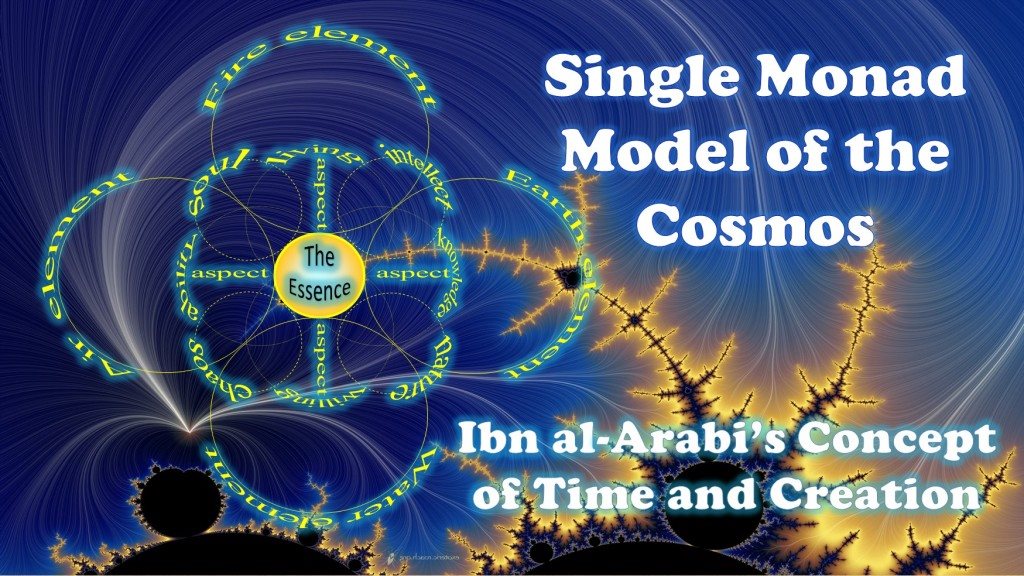7. Time in Earlier Islamic Philosophy:
Muslim philosophers were in general greatly influenced by their Hellenistic predecessors, and therefore tried to apply their theories of time in relation to the related issues raised by the Qur an and Prophetic Hadith. Many Muslim philosophers prior to Ibn Arabi, such as al-Kindi, al-Farabi, al-Razi, al-Ghazali, Ibn Rushd (Averroes) and Ibn Sina (Avicenna) analysed and criticized or adapted the differing conceptions of time in the schools of Greek philosophy represented by Aristotle, Plato and Plotinus (Badawi 1965).
For example, al-Ghazali,[12] in his famous 'Refutation of the Philosophers' (Tahafut al-Falasifa),[13] dealt with most of the standard philosophical and logical arguments regarding time and creation, and his criticism was also thoroughly discussed in Ibn Rushd's famous philosophical rebuttal, the
Tahafut al-Tahafut.[14] However, one of the most influential Muslim philosophers who had many original views about time is Ibn Sina, who devoted long chapters in several works to discussing time and related issues according to the views of kalam theology and of previous philosophical schools.
Ibn Sina[15] started by summarising the metaphysical positions of all previous (Islamic and other) philosophers[16] and then criticizing their different ontological views. Although Ibn Sina, like Aristotle, closely relates time and motion, he stressed that motion is not the amount of time. He based his argument on the fact that different distances can be cut in the same time, or that the same distance can be done in different times, either due to the difference in velocity or due to stops on the way.[17] But ultimately he does define time by motion, though he adds distance to overcome Aristotle's difficulty regarding periodicity (see previous section). He says that time 'is the number of motion when it separates into before and after, not in time but in distance, otherwise it would have to be periodical.' (Nasr 1978: 224-6)
On the other hand, although Avicenna doubted the existence of physical time, arguing that time 'exists' only in the mind due to memory and expectation, he also showed that time is also real in the sense that it exists through motion which relates to physical matter; time is real, but it doesn't have a stand-alone essence, since it only exists through the motion of matter.[18] On the issue of the structure of time, Ibn Sina affirms that it is a continuous quantity, since he (like Aristotle) considers time to be the amount of circular motion which is continuous, and thus time is only divided by our mind's illusion into 'moments' or 'instants' (anat).[19]
On the other hand,
the proponents of kalam theology, particularly the Ash arites,[20] based on their atomist view, consider time to be discrete, and they also talked about the re-creation of the world in time. Ibn Arabi acknowledges the positive insights in their position, but he also criticized their view as being incomplete (SPK: 97). We shall discuss Ibn Arabi's own view in detail in sections II.8 and V.6 below.
At the earliest stage of Islamic philosophy, the philosopher and mathematician al-Kindi[21] was generally affected by Aristotle and adopted his view that time is the number of motion.[22] However, arguing from the general Qur anic principle that Allah is the One Who created the world; he asserted that the material world cannot exist
ad infinitum because of the impossibility of an actual infinite. Therefore, he argued, the world requires an initial 'generator' (muhdith) who could generate it
ex nihilo.
The famous Muslim physician and Neoplatonist al-Razi,[23] on the other hand, seems to have adopted Plato's notion (in the
Timaeus) that time is 'the moving form of eternity', as well as Plotinus' notion that time is eternal; therefore he refused Aristotle's view of the unreality of time.
The influential philosopher al-Farabi,[24] on his part, focused on the metaphysical aspects of time. He also adopted Aristotle's view when he said: 'only the circular motion is continuous and time is related to this motion' ( Abdul-Muta al: 113). But similar to Ibn Arabi, al-Farabi apparently also believed that the world is contingent or 'possible to exist' before its actual existence. Otherwise, if it were 'impossible' it wouldn't exist, or if it were 'necessary', it would have always been. Then he stresses that the world
as a whole is in continuous formation (takwin) and corruption (fasad) 'in no time', while the parts of the world are forming and deforming in time ( Abdul-Muta al: 115). This outlook is also similar to Ibn Arabi's view (see section II.3). To explain this important point we give the following illustration: if a young physicist was asked to describe the general state of a mountain, he may end up with some equations without any reference to time, because the mountain is rigid. But if we ask him to include in his study the fact that the mountain is part of the earth which is rotating around its axis and orbiting around the sun, and also the fact that the atoms in the rocks never rest, or even the motion of the insects and other animals that might be living there, as well as the motions of the wind, waters etc. then in that case the physicist might need to invent some new mathematics in order to be able to properly include the time parameter in his equations, even after making many approximations. So because we live 'inside' the world we feel time, but the entire world itself is out of time.
Many other schools of Islamic thought have speculated on the issue of time. It is good to notice, however, that in the Qur an itself Allah never makes any direct reference to the usual Arabic word for 'time' (zaman or
zaman), although many other time-related terms later explored by Ibn Arabi such as the year (sana and am), month (shahr), day (yawm/nahar) and night (layl) were mentioned very often in the Qur an, in addition to some divine Names that are related to time such as the First (al-awwal), the Last (al-akhir) and the Age (al-dahr).
As already noted in our Introduction, with all the hundreds of books and recent studies that have been written about time in Islamic philosophy, both in Arabic and in other languages, it is very strange almost none have ever focused on Ibn Arabi. Many scholars have studied and compared the different theological, philosophical and physical views of time and existence, so briefly summarized above. However, none of these studies have ever, to the best of our knowledge, treated Ibn Arabi's unique concept of time, although as we shall discover it is actually the key to understanding his controversial theory of the oneness of being. The reason for this strange neglect could be not only his difficult and symbolic Sufi language, but also the fact that his concepts are intentionally dispersed throughout his many writings and not plainly stated in one place, as most other authors do. In fact, Ibn Arabi mentions in the
Futuhat [I.141.13] that he wrote a treatise with the title of 'al-zaman' ('time') where we would expect to read at least an extensive summary of his view of time. However, apparently this precious work has been lost, although al-Futuhat al-Makkiyya seems to include most of his doctrine regarding time and other related cosmological issues.


















